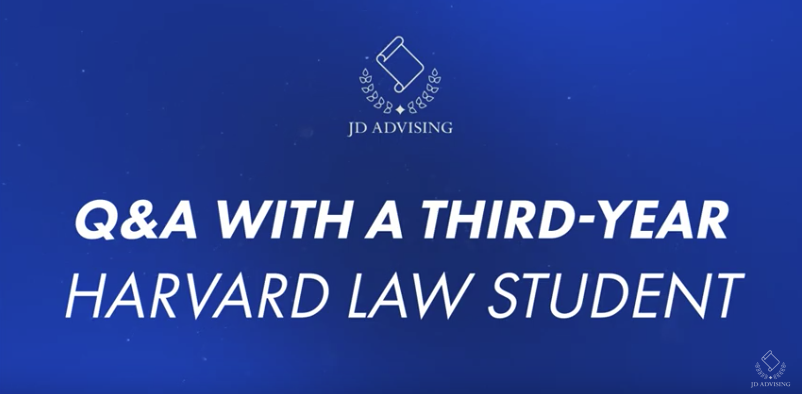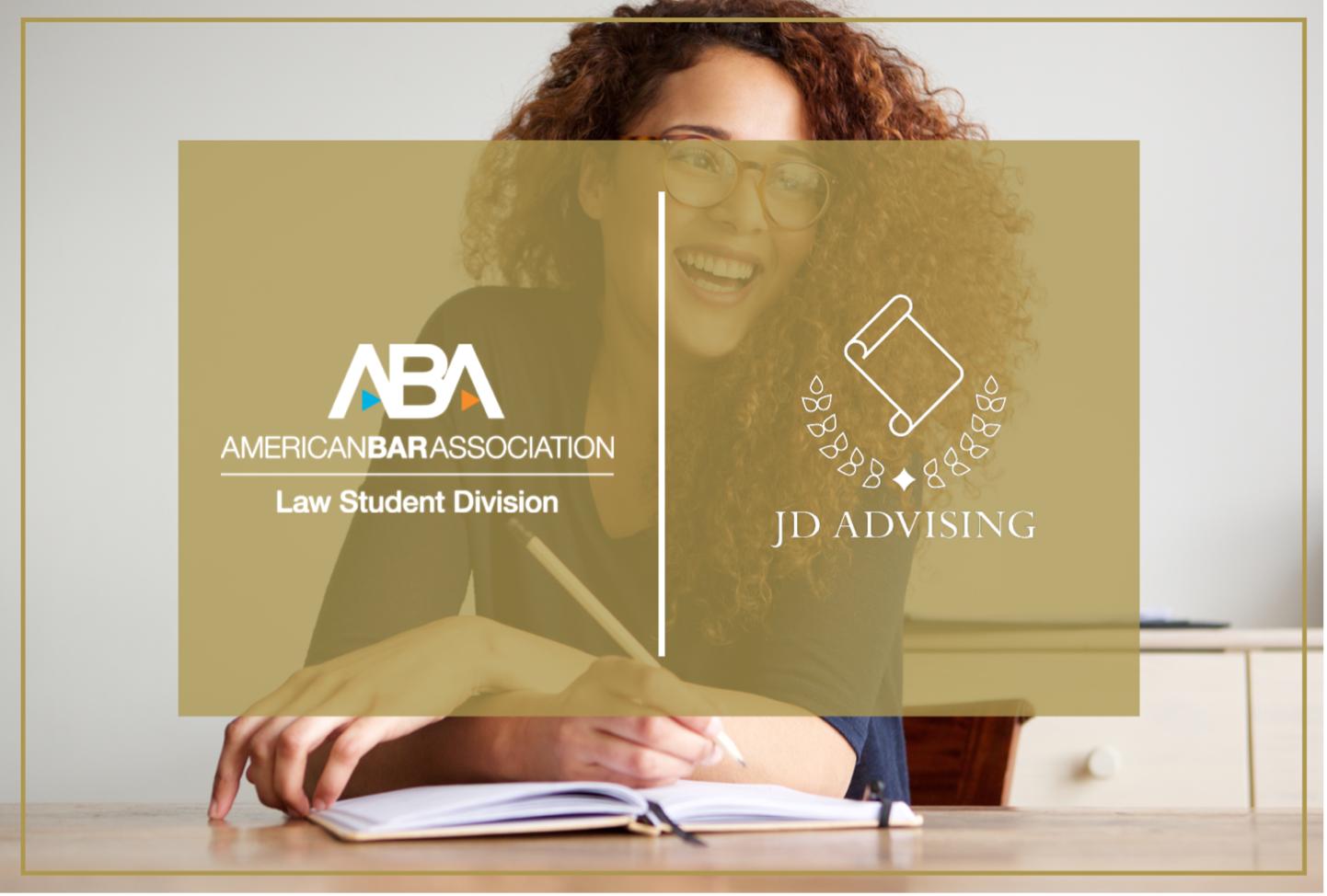Q&A With A Harvard Law Student
Q&A With A Harvard Law Student
JD Advising recently had the opportunity to chat with Nicholle Knapp, a third-year law student at Harvard Law School. See the video and read the highlights below!
Q&A With A Harvard Law Student
Attending Law School at Harvard
As a first-generation college student, Nicholle describes how she did not have a straightforward path to law school. Although she ultimately obtained an English degree, law school was not something Nicholle pursued until a few years after she graduated from college. Before applying to law school, Nicholle worked for a few years in continuing medical education. It was there that she learned what she liked and didn’t like about her work environment, ultimately giving her the motivation she needed to take the LSAT and ultimately apply to law school.
Nicholle approached the application process with transparency and vulnerability. She opened up about her background and discussed her struggles as a first-generation college student that she had to work with and overcome. Now as a 3L, Nicholle has some advice for students who might be considering law school.
Applying to Law School: Make every piece of your application stands on its own!
- Nothing in your application should be duplicative.
- Every part of the application should build your own personal narrative.
- At the end of your application, a reviewer should be able to argue why you stand out in a crowd of excellent candidates.
Things Nicholle wished she knew before starting law school:
- No matter what others may lead you to believe, nobody knows what they are doing.
- The best way to succeed in law school is to do what works best for you—not someone else.
- Law school is a marathon, not a sprint. Be sure to pace yourself!
A typical day for a Harvard Law student 1L vs. 3L:
- During Nicholle’s 1L year, her schedule revolved around attending classes while balancing studying outside of class. On the weekends, Nicholle studied all day Saturday but took Sundays off.
- During Nicholle’s 3L year, she spends less time in the classroom and more time in clinical studies. She fits in time to study between the few classes she does have and her obligations at the clinic.
To study break or not to study break:
- Study breaks are not in opposition to studying!
- If you are taking a break and you are focusing on not studying, you are losing double time because you are neither studying nor relaxing.
- Use a calendar to block off time to take a break and then take the break.
Work Experience:
- Nicholle expects to work at a law firm after graduation, so she decided to work in the public sector during her 1L summer to gain the experience she might not get in a law firm setting.
- During the summer between her 1L and 2L years, Nicholle worked at Planned Parenthood National via Zoom.
- This experience allowed Nicholle to develop her legal writing in a way that she would otherwise be unable to experience in the classroom as it gave her the opportunity to put law (and pen) to practice.
Contact Nicholle:
- Instagram/TikTok: @NichollePatricia
Seeking Success in Law School?
- Benefit from personalized one-on-one tutoring by our seasoned law school tutors.
- Explore our NEW and highly acclaimed law school study aids, available for a free trial.








Leave a Reply
Want to join the discussion?Feel free to contribute!